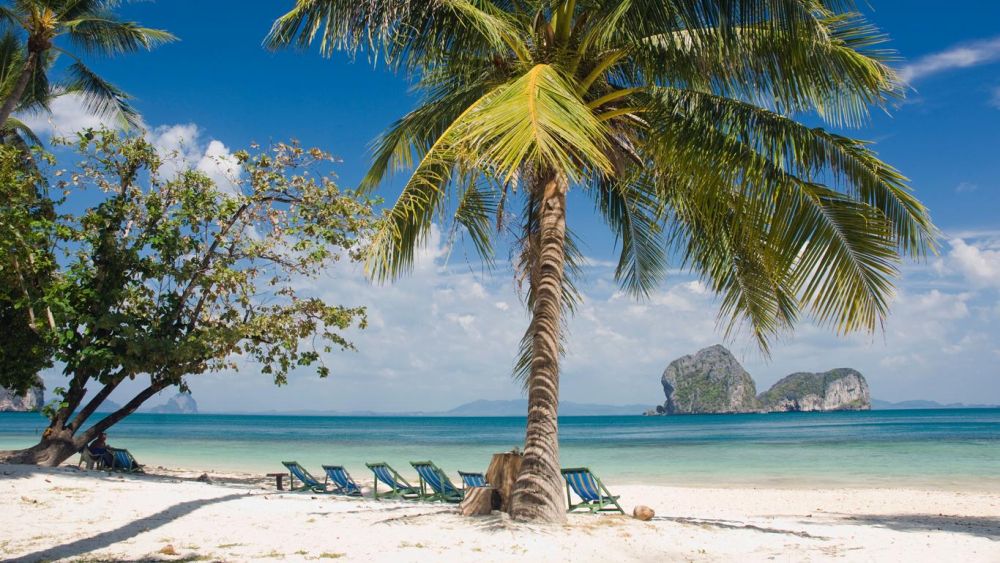

Nestled in the heart of the Andaman Sea, Ko Ngai (also known as Koh Hai) is a serene island that belongs to the Krabi Province, though it is actually geographically closer to the Trang Province. The history of tourism on Ko Ngai is relatively recent compared to other tourist hotspots in Thailand. It started to gain attention in the late 20th century as adventurous travelers searched for new, undeveloped tropical paradises.
Initially, Ko Ngai was the secret gem among backpackers and independent travelers drawn to its untouched natural beauty and tranquil beaches. Small, family-run bungalows and modest resorts began popping up, offering these early visitors a place to stay. By the early 2000s, its potential was recognized by a wider audience, leading to the development of more up-market resorts and tourist facilities.
Despite its growth in popularity, Ko Ngai has managed to preserve its laid-back atmosphere and pristine environment, partly due to its status as part of the Mu Ko Lanta National Park. This careful balance has made it a unique destination among the Thai islands.
In recent years, there has been a shift in the tourism dynamics of Ko Ngai. The focus has been on sustainable tourism practices to ensure the conservation of the island's delicate ecosystems. Visitors are encouraged to engage in activities that have minimal impact on the environment, such as snorkeling, kayaking, and hiking, rather than those that could harm the local flora and fauna.
Another trend is the rise of luxury tourism. As the demand for comfort and exclusivity grows, Ko Ngai is responding with the development of high-end resorts that offer private villas, spa services, and fine dining experiences while still adhering to environmental standards.
Experiential travel is also gaining traction, with tourists seeking authentic local encounters. Immersive experiences like Thai cooking classes, traditional fishing excursions, and visits to nearby islands and local villages are becoming increasingly popular, allowing tourists to engage with the culture and community in more meaningful ways.
The worldwide pandemic had a significant impact on Ko Ngai, as it did on global tourism. However, as travel restrictions have eased, there's a noticeable increase in domestic tourism, with Thai nationals exploring more of their own country, as well as a gradual return of international visitors, drawn by Thailand's reputation as a safe and hospitable destination in the post-pandemic world.